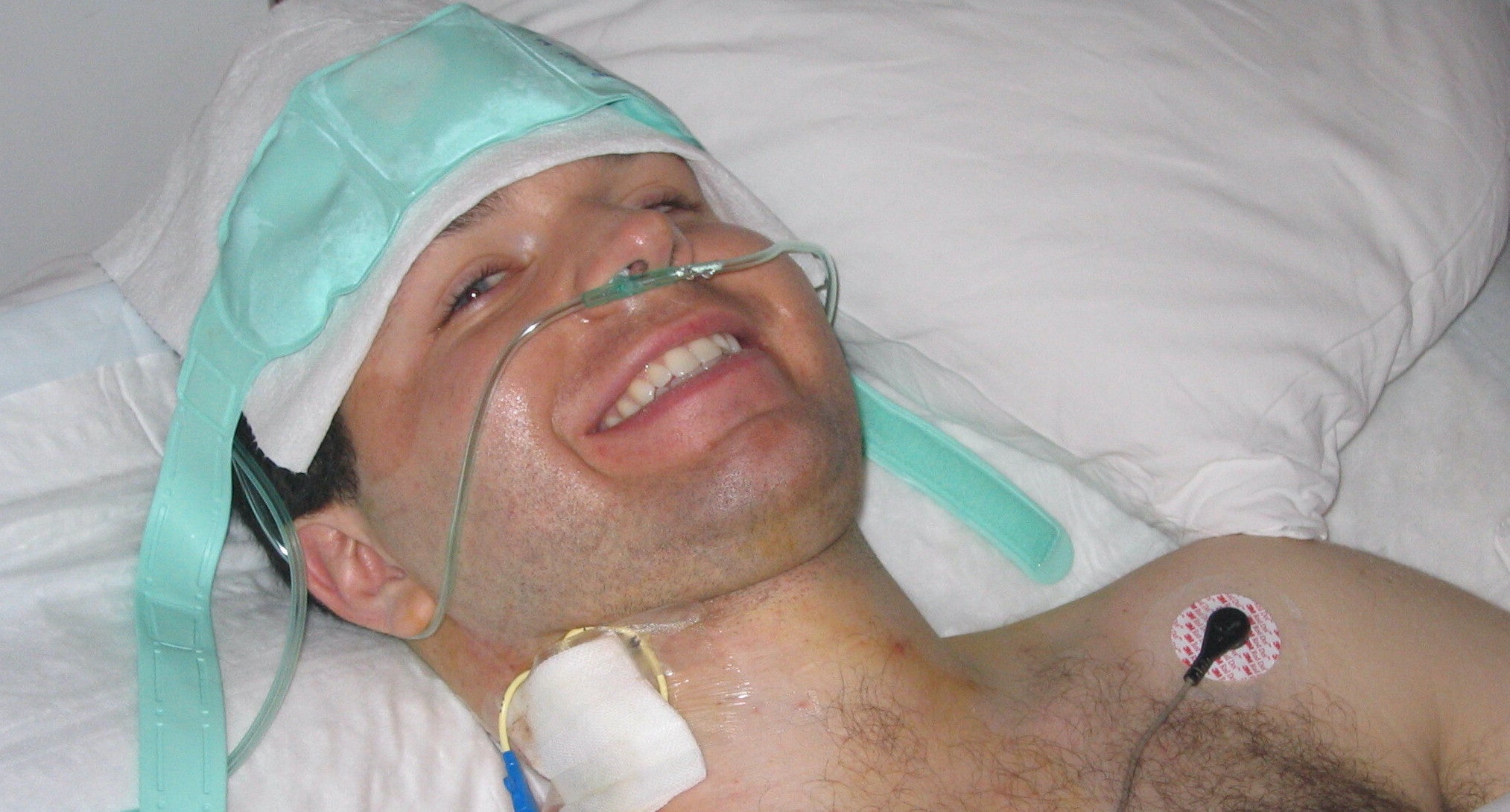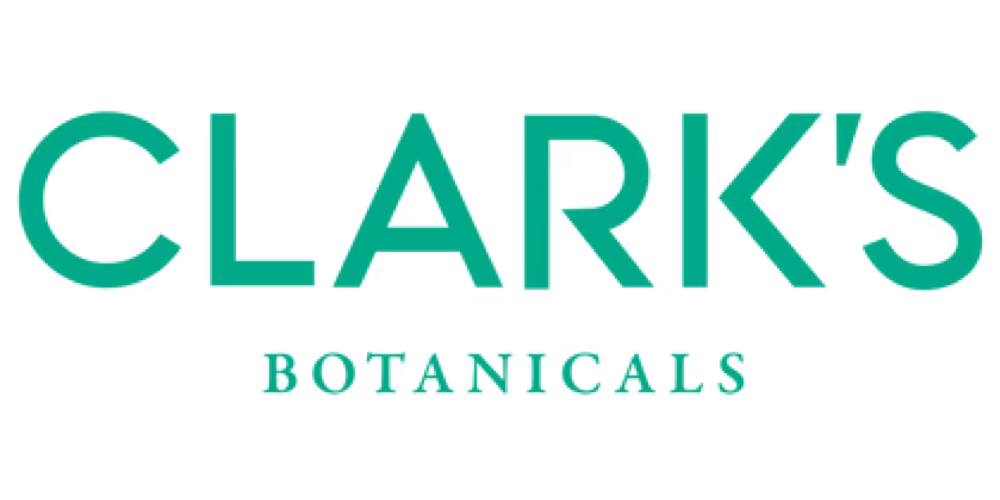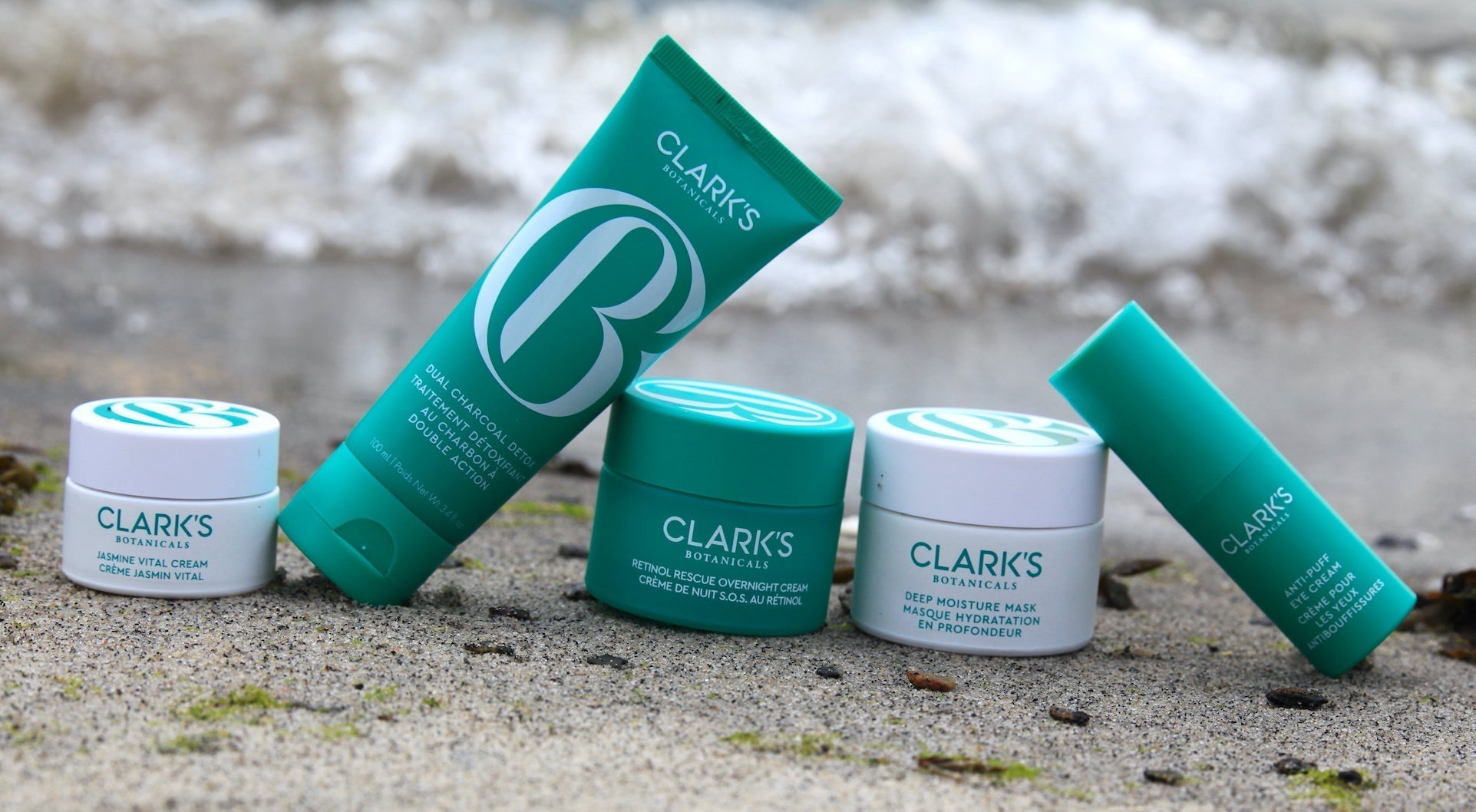
5 Things I Learned in the ICU That Helped Me Start a Business
#1. Show up. Sometimes the thought isn’t enough.
I was on a ventilator, with various tubes attached to my body, surrounded by friends and family, when I truly learned this lesson. I couldn’t speak; my left vocal cord was paralyzed. My left lung had collapsed from the pool water I inhaled after I shattered two vertebrae in a diving accident that would become the instant that changed my life forever. The love of the people around me gave me strength. The emails were touching, yes, but I don’t remember them.
There are the moments that a well-intentioned note doesn’t matter, but being physically present does. I felt at ease and immediately comforted knowing my parents, brother, sister and so many friends were there supporting me. It was a testament to how impactful the unspoken word can be.
#2. Live your passion.
In the helicopter on the way to SUNY Stony Brook’s emergency room, I finally closed my eyes. The door was open and I could feel the warm wind wafting onto my face. I was strapped into a gurney, my spine filling with an increasing amount of pressure and it felt like it would explode. In the air, on my way to the hospital, I finally realized, “I might not make it through the night.” None of it made sense to me. It was a beautiful summer night, with the moon and stars floating in a sky I wasn’t sure I’d see again. I desperately wanted to live and my survival instinct took over; it felt like a surge of energy and I was hyper-focused on how to fix what just happened.
I, of course, made it through that night and the many difficult ones that followed. And every minute of my time in the ICU required me to draw on that drive to survive.
Relearning how to breathe became the first and most important part of living. Enter my sister and childhood friend, Alex. Understanding my need for inspiration, they brought me a CD player with speakers and placed it onto the table facing my bed. Alex popped in an ABBA CD and said, “Sing.” Singing increases my lung capacity so I did it unabashedly. I didn’t care how much I made a fool of myself in those nine days, and my lung capacity rose to a normal range, allowing me to come off intubation and be considered for admittance to physical therapy.
# 3. Make a connection.
There was a night shift nurse whose long conversations sustained me during my time in the hospital. I’d often wake up from the same nightmare, panicked and gasping for air. Imagine dreaming you suddenly couldn’t feel your legs or arms, only to wake up in a hospital bed and realize that the horrible nightmare was reality.
In speaking with Cynthia, I began to feel human again, because we’d talk about anything other than my spinal cord injury. That connection to another human being, and mutual respect, gave me the peace of mind to go back to sleep and hold on to hope.
# 4. Commit to what’s important.
Like most twenty-four year olds, when confronted with a big decision, there was the two part reaction: 1. How do I deal with this? 2. What are my other options? I couldn’t wrap my head around why my nerves wouldn't grow: it didn’t make sense to me why I wouldn’t get better. So I committed myself to being my best advocate and gathering as much research as I could about spinal cord injuries. Though it was initially overwhelming, when I broke it down, it didn’t seem so hard to email the leading doctors in the field - ignoring my fear of asking dumb questions - and being direct and honest. It was easier than I expected, and it opened up a world of possibilities.
In starting Clark’s Botanicals, I admittedly had no idea what it would mean to run a skincare line. I was only sure of the formulation my father and I had made (Smoothing Marine Cream), which was an organic process. The industry seemed like a world of unknowns, and while at first, I felt an urgency to to understand every part of it, I began to realize that my commitment to the business meant I’d learn and grow as we expanded. And, like my nerves, why wouldn’t it grow if I was truly committed?
#5. There is no box to think inside of, really.
My good friend, Brooke Ellison, sustained a high-level cervical spinal cord injury as a young girl, rendering her body at a disconnect from her thoughts. She has spent most of her life on a ventilator. To say that her physical challenges have never gotten in the way of her goals, is an understatement. She is the first quadripilegic to graduate from Harvard, after which she went on to receive her Ph.D. in bioethics. She ran for senate several years ago. If you met her online, you might never learn about her disabilities, because her focus is on something so much more beyond herself.
She’s a dynamo and I often wonder if her brain ever just…chills out. What I do know is that she has never limited herself to any kind of boxed-in thinking. Her indomitable spirit is breathtaking.



